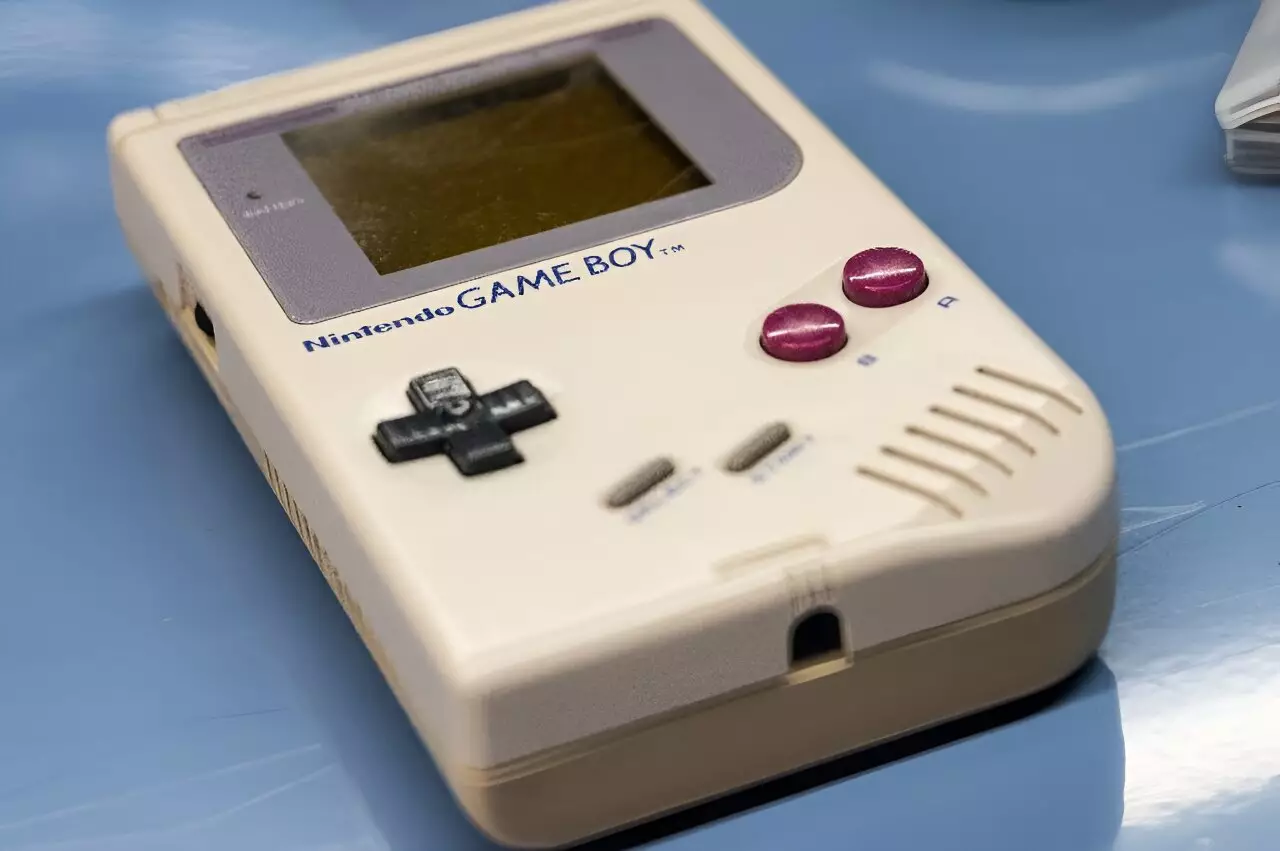Video gaming has evolved from a niche hobby to a global cultural force, deeply influencing entertainment, technology, and society. Since the debut of the first video game consoles in the 1970s, countless units have been sold, drawing millions into expansive universes shaped by iconic games and characters. The rise and fall of these consoles illustrates not just changing consumer preferences but also the broader technological landscape that informs the gaming industry.
Pioneers of Home Gaming: The Birth of Consoles
The late 20th century brought forth a wave of innovation unlike any seen before, as electronics companies began to recognize the potential of video games for home entertainment. Pioneering companies such as Atari laid the groundwork, but it was the release of the Nintendo Entertainment System (NES) in the mid-1980s that elevated consoles from simple novelties to mainstream entertainment platforms. This console introduced players to beloved characters like Mario and Zelda, using innovative gameplay mechanics and storytelling that reshaped how games were perceived.
With a seismic shift initiated by the NES, competition rapidly intensified. Players became invested not only in whether they could access a console but also in the immersive experiences those consoles could provide. The advent of the PlayStation series by Sony in the 1990s turned the gaming landscape on its head, combining technology with entertainment in ways that set new standards for subsequent releases.
When Sony launched the PlayStation 2 in 2000, they sparked an unprecedented frenzy among gamers. This console’s dual functionalities—playing original PlayStation games and DVDs— enticed consumers who sought both gaming and multimedia experience in one device. Despite earlier criticisms of its initial game library, blockbuster titles emerged that marked the PlayStation as an essential fixture in every gaming household. Franchise developments in “Grand Theft Auto” and “Metal Gear Solid” not only enriched gameplay diversity but also bolstered sales, leading to estimated figures of 160 million units sold.
The PlayStation’s immense popularity illuminated the power of brand loyalty in gaming. The company’s ability to pivot from early missteps and consistently deliver eagerly awaited titles can be credited with ensuring its position at the forefront of console wars that followed.
While Sony enjoyed its status as a giant, Nintendo refused to cede its legacy as a cultural cornerstone in the gaming community. The Nintendo DS, released between 2004 and 2005, showcased remarkable innovation with its foldable design and dual screens, propelling the company back into the spotlight. With great nostalgia for established franchises like “Mario” and “Zelda,” Nintendo attracted seasoned gamers while also captivating younger audiences with unique experiences like “Nintendogs” and “Animal Crossing.”
The Switch, released in 2017, epitomized Nintendo’s innovative spirit. Its hybrid design bridged the gap between home and portable gaming, capturing a broad demographic looking for flexibility. The immense success of “Animal Crossing: New Horizons” during the pandemic era of 2020 demonstrates how consoles like the Switch can thrive even in unprecedented circumstances, becoming a virtual gathering place for players amidst social isolation.
The funhouse mirror of competition between different gaming consoles illustrates a volatile yet fascinating economic landscape. The PlayStation 4, released in 2013, faced challenges from Microsoft’s Xbox series, wrestling for dominance in the dedicated gaming market. However, with critically acclaimed games like “The Last of Us” and continued support from strong franchises, Sony emerged victorious with sales that eclipsed Microsoft’s offerings. The ongoing developments in graphics, cloud gaming, and virtual reality promise to further reshape the gaming market, indicating that the arms race for consumer attention is far from over.
Ultimately, video game consoles serve as more than mere entertainment devices; they are conduits for culture, social interaction, and technological advancement. From iconic characters to sophisticated narratives, the effects of gaming ripple through various aspects of modern life, inspiring art, literature, and even academic study. As the gaming industry continues to grow and adapt, its role in shaping not only individual identities but also collective societal experiences will undoubtedly deepen.
The remarkable journey of video game consoles encapsulates our evolving relationship with technology and entertainment. Each new generation offers a fresh perspective on how immersive digital experiences can shape our perceptions of community, storytelling, and personal agency.

